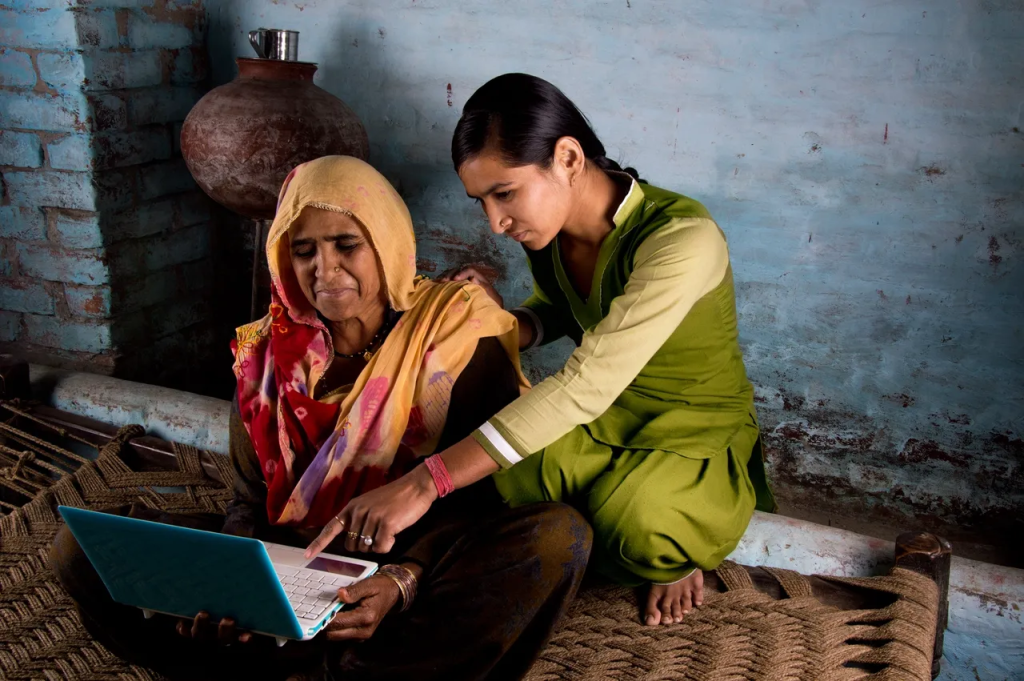In today’s interconnected world, digitalization has become a catalyst for progress, transforming economies, societies, and individual lives. While the concept of digitalization is often associated with developed nations, its importance in third world countries cannot be overstated. In this blog post, we shed light on the significance of digitalization in these countries and explore how it can unlock new opportunities, drive inclusive growth, and empower communities.
Breaking Barriers and Bridging Divides
Digitalization has the power to break down traditional barriers and bridge the socio-economic divides that persist in third world countries. By leveraging technology and digital platforms, individuals gain access to information, education, healthcare, and financial services that were once out of reach. Digitalization can empower marginalized communities, improve social mobility, and foster inclusion.
Economic Transformation and Job Creation
Digitalization serves as a catalyst for economic transformation, unlocking new opportunities for entrepreneurship, innovation, and job creation. By embracing digital technologies, third world countries can leapfrog traditional development stages and tap into the global digital economy. E-commerce platforms, digital marketplaces, and remote work opportunities enable businesses and individuals to connect with customers and markets worldwide, driving economic growth and reducing dependency on traditional sectors.
Enhancing Access to Education and Healthcare
Digitalization plays a crucial role in improving access to quality education and healthcare services, even in remote areas. Online learning platforms enable students to access educational resources, receive remote instruction, and acquire new skills. Telemedicine initiatives leverage digital technologies to provide healthcare services, diagnostics, and consultations to individuals who lack access to medical facilities. These advancements help bridge the educational and healthcare gaps that exist in third world countries, empowering individuals to lead healthier and more productive lives.
Digital Financial Inclusion
Digitalization has the potential to revolutionize financial services, providing access to banking, payment systems, and loans for unbanked individuals in third world countries. Mobile payment solutions and digital wallets allow people to securely store and transfer money, make online purchases, and access microfinance services. This digital financial inclusion empowers individuals to manage their finances, build savings, and participate in formal economic systems, fostering economic resilience and empowerment.
Fostering Good Governance and Transparency
Digitalization can strengthen governance and promote transparency in third world countries. E-government initiatives streamline administrative processes, reduce corruption, and improve service delivery. Digital platforms enable citizens to engage with governments, voice concerns, and participate in decision-making processes. Open data initiatives foster transparency, accountability, and evidence-based policymaking, leading to more efficient resource allocation and public services.
Overcoming Challenges and Nurturing Digitalization
While the benefits of digitalization are vast, challenges exist in implementing and nurturing its growth in third world countries. These challenges include limited infrastructure, inadequate internet connectivity, lack of digital skills, and affordability issues. Governments, international organizations, and private sector stakeholders must collaborate to address these challenges and create an enabling environment for digitalization to thrive. Investments in infrastructure, educational programs, digital literacy initiatives, and supportive policies can fuel the growth of digitalization and unlock its transformative potential.
Conclusion
Digitalization has the power to revolutionize third world countries, driving economic growth, empowering individuals and communities, and fostering inclusive development. By embracing digital technologies, these countries can overcome barriers, bridge divides, and tap into global opportunities. It is essential for governments, organizations, and individuals to collectively nurture and invest in digitalization, ensuring that the benefits reach all segments of society. By doing so, we can unlock the full potential of digitalization and pave the way for a brighter future for third world countries and their people.

